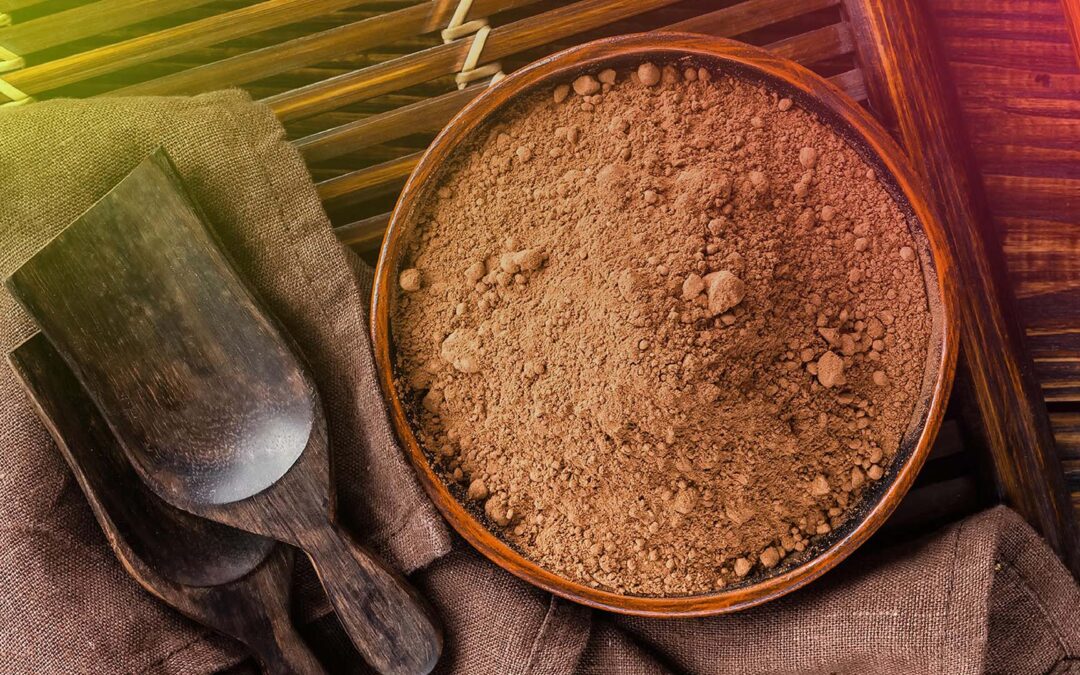The Revolution of Mycelium Protein: A New Era in Sustainable Food
The food industry is at a critical turning point, facing the challenge of meeting the increasing demand for protein from a global population expected to reach 9.7 billion by 2050, while mitigating the negative environmental impacts associated with traditional protein sources.
Meat production, for example, is responsible for approximately 12% of global greenhouse gas emissions, according to the Food and Agriculture Organization of the United Nations (FAO). In this context, innovation in alternative protein sources is more than a trend; it’s an urgent need to ensure a sustainable and nutritious food future.
Context of the Food Industry and Currently Available Proteins
Proteins, being one of the essential macronutrients for human health, have traditionally been obtained from animal sources such as meat, fish, eggs, and dairy, as well as from plant sources including legumes, nuts, and grains.
However, the production of animal proteins presents significant challenges, including high environmental costs, ethical and sustainability concerns, and health risks associated with excessive consumption of red meat.
On the other hand, although plant proteins are more sustainable, they often face challenges in terms of taste, texture, and nutritional density compared to their animal counterparts.
The Need for New Protein Alternatives
The global demand for protein is increasing at an unprecedented pace, driven by population growth and increased health awareness. At the same time, the environmental impacts of conventional protein production, including deforestation, excessive water use, and greenhouse gas emissions, make it imperative to search for more sustainable alternatives.
Global protein demand is projected to increase by 70% by 2050, putting significant pressure on already scarce natural resources. Arable land is limited, and 77% of it is already used for agriculture, mainly for the production of meat and dairy products, which provide only 17% of the world’s caloric intake and 33% of protein. Moreover, the same phenomena exacerbated by climate change threaten agricultural crops, affecting the food security of nations.
Mycelium protein responds to this need, ensuring nutrition, taste, and sustainability.
What is Mycelium Protein?
Mycoprotein, or MICO as we have named our at Done Properly, is a sustainable and nutritious protein source derived from the controlled cultivation of filamentous fungi.
It is produced through fermentation processes that allow the growth of the mycelium, the vegetative part of the fungus, optimizing protein production. This type of protein is an ethical and sustainable alternative, free of animal-derived ingredients, and represents an innovation in the field of alternative proteins, offering both nutritional and environmental benefits.
Innovation and Scaling with Bioreactors
Currently, our MICO production is carried out in a 500-liter bioreactor, designed and operated by our operations and scaling team, with which we are capable of producing more than 100 kilograms of mycoprotein monthly.
By the end of 2024, we will increase our production capacity by introducing three additional bioreactors, each with a capacity of 2500 liters. This expansion is a commitment we make to offer MICO to more and more people, and it makes us the largest producer of mycelium protein in the Southern Hemisphere.
Moving from a 500-liter bioreactor to operating three 2500-liter bioreactors each, we are marking a milestone not only in terms of volume but also in process innovation and environmental sustainability. This advancement in our production capacity is a step forward in our mission to provide a sustainable and ethical protein source that can meet the needs of a growing global population.
Overcoming the Animal-Vegetal Dichotomy with Micoprotein
In the debate on protein sources, a simplified dichotomy is often presented: animal versus vegetable. This division not only limits our food options but also frames the conversation in terms of competition rather than complementarity.
However, at Done Properly, we are charting a different course with the introduction of our mycoprotein, MICO, which challenges this traditional binary.
Mycoprotein represents a completely new category of nutrition, distinct from both animal and plant proteins. Our goal is not to directly compete with these established protein sources but to offer an innovative alternative that responds to a critical need: to diversify our protein sources sustainably and ethically.
The introduction of MICO to the market subverts the animal-vegetal dichotomy by presenting a protein source that originates neither in the animal kingdom nor strictly in the plant kingdom, but in the fungal kingdom.
This new origin offers a solution to the growing dilemma of how to feed a rising world population without exacerbating the negative environmental impacts associated with the production of traditional proteins.
Mycoprotein Complementarity
MICO not only presents itself as a new category on its own but also has the potential to enrich and complement processed meats or vegetables, increasing their fiber content or providing high-quality protein.
This ability of MICO to integrate into various food products not only expands options for consumers but also reinforces the idea of complementarity between different protein sources. By enriching meat or vegetable products with MICO, we can improve their nutritional profile and offer additional benefits without compromising taste or quality.
Benefits of MICO
MICO is not just another protein alternative on the market; it’s a unique value proposition with multiple benefits:
Nutritional Profile of MICO
High Protein Content:
With 52.73g of protein per 100g in its dehydrated version, MICO sets a new standard in the world of alternative protein sources.
Rich in Fiber:
MICO excels not only in its protein content but also in its contribution of 12.55g of total dietary fiber per 100g in its dehydrated form.
Beneficial Fat Profile:
The fat profile of MICO is equally impressive, with a total of 6.67g of fats per 100g, including saturated, monounsaturated, and polyunsaturated fats. Particularly notable is its content of essential fatty acids, offering 0.21g of omega-3 and 1.49g of omega-6 per 100g, contributing to cardiovascular and brain health.
Sustainable

The production of MICO requires significantly fewer natural resources compared to animal proteins, reducing the carbon footprint and promoting the conservation of water and land.
Versatile
With its unique texture and flavor-absorbing capacity, MICO can be used in a wide range of culinary applications, from meat alternatives to ingredients in baked goods and snacks.
Innovative
The technology behind MICO represents the future of food, using advanced biotechnology processes to efficiently and sustainably cultivate proteins.
MICO redefines what it means to be an alternative protein source in today’s market.
Beyond its impressive protein contribution, its richness in fibers, and a healthy fat profile, MICO stands as a nutritionally complete option. This mycelium protein not only meets expectations in terms of nutrition and sustainability but also opens new culinary possibilities for consumers and chefs alike.
With MICO, we are committed to offering innovative nutrition that nourishes people and protects our planet.
Delve deeper into how Done Properly is reimagining balanced food through innovative approaches.
Follow us on LinkedIn and Instagram for regular updates and insights into our work and the broader industry. Don’t miss our latest news and announcements, subscribe to our newsletter here.






